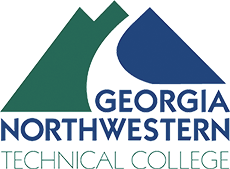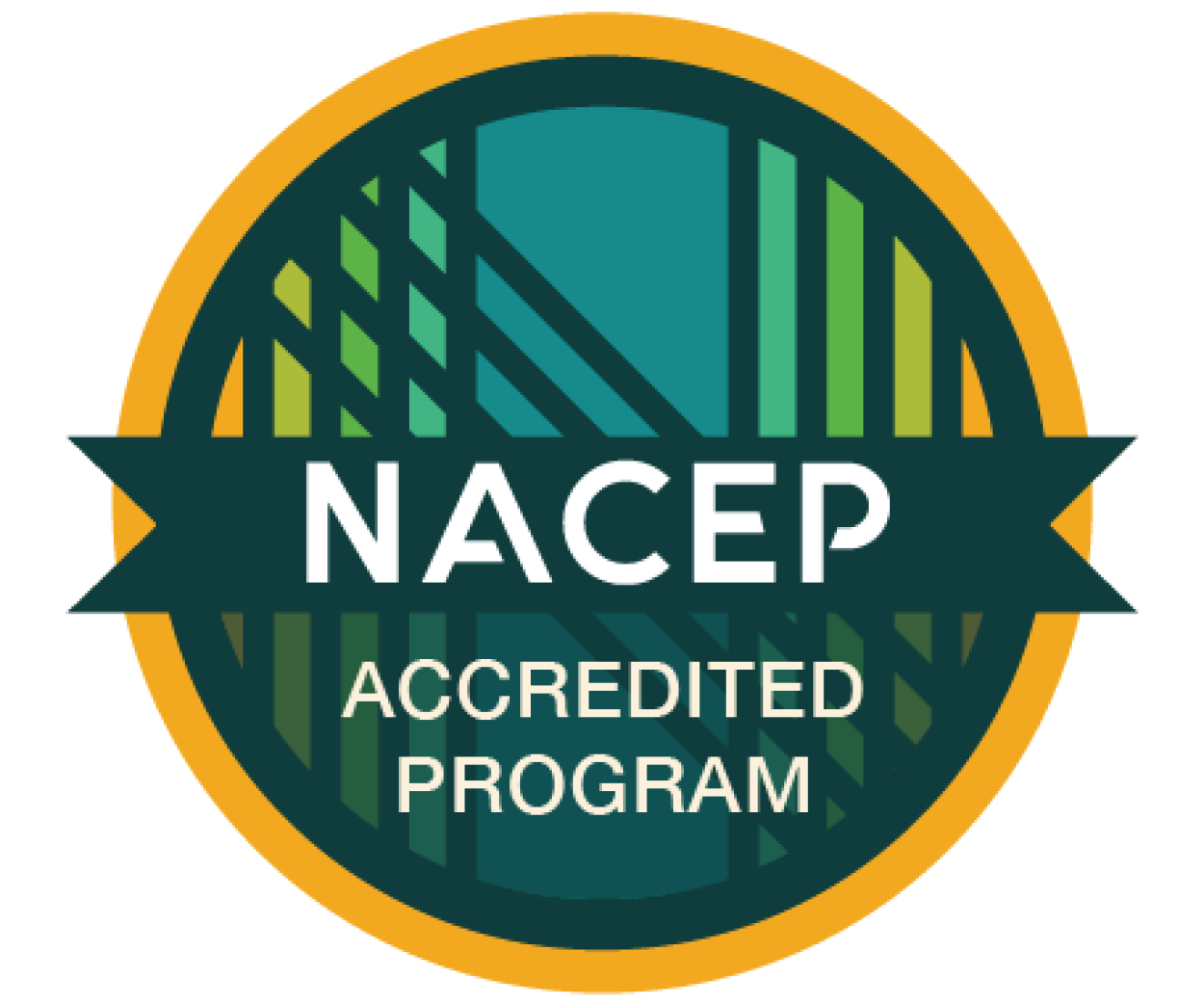GNTC’s Business Healthcare Technology program
Georgia Northwestern Technical College’s (GNTC) Business Healthcare Technology program prepares graduates not only to help combat a nationwide shortage of medical coders but also to provide data that will influence medical protocols and patient outcomes.
The American Academy of Professional Coders defines medical coding as the translation of healthcare diagnoses, procedures, medical services and equipment into universal medical alphanumeric codes.
“The aging Baby Boomers’ increased healthcare needs and the need for more statistical data—as we have discovered with the recent pandemic—have contributed to the increased demand for medical coding,” said Gina Stephens, instructor of Business Administrative Technology. “Medical coding offers many opportunities for specialization and growth.”
The U.S. Bureau of Labor Statistics predicts a need for more than 34,000 medical records and health information specialists annually over this decade.
“The World Health Organization (WHO) develops and regulates diagnostic and procedural codes and collects data from countries around the world to track regional, state, national and global health statistics,” said Lisa Hunt, program director of Business Healthcare Technology. “Disease tracking allows us to identify and address outbreaks in their early phase, before they become endemic or pandemic in nature.”
The data can be used when organizations like the Centers for Disease Control (CDC) work with the WHO to address safe water, vaccination protocols, disaster planning, patient education and treatment, prevention guidelines and other environmental issues, she said.
The WHO even tracks accidents with these codes. If the agency notes a higher number of accidents in a region, the cause of the accidents can be researched so that safety measures can be implemented, Hunt said.
Pharmaceutical companies also use medical codes to identify medication resistance and new pharmacological needs and to examine the quality of care by tracking patient outcomes. Insurance companies, in turn, use that data to adjust premiums, she said.
Many cutting-edge technologies and social viewpoints influence medical coding, Stephens said, adding that “artificial intelligence and social determinants of health are very interesting influences on medical coding.”
Basic medical coding can be done with artificial intelligence, but complex decisions and audits require a coding expert, Hunt said, adding “we are training our students to code using Encoders, which is the current industry trend.”
At its heart, medical coding begins with the healthcare provider, Hunt said.
“If the data on a patient’s chart does not match the medical diagnosis (International Classification of Diseases code) or a procedural code, the provider or facility can be penalized financially or subject to criminal charges,” Hunt said.
Federal oversight is conducted through the Centers for Medicare and Medicaid Services, the Department of Health and Human Resources and the Office of the Inspector General, she said.
The FBI reports tens of billions of dollars in losses annually from healthcare fraud. Facilities are also required to return millions of dollars each year for coding errors, abuse and fraud, she said.
Inaccurate coding can also create a financial crisis or result in a negative impact on a patient’s life or wellbeing, Stephens said.
GNTC’s program covers many of the potential problems that can be avoided in coding errors, accounting fundamentals, electronic communications, internet research, electronic file management, healthcare regulation and compliance, effective communication skills and terminology, she said. The program also provides opportunities to upgrade present knowledge and skills or to retrain in the area of administrative technology.
The program, launched in fall 2017, emphasizes the use of software and technology, she said.
Hunt said the program offers Medical Front Office Assistant courses; certificates in Medical Coding, Healthcare Documentation Specialist, Healthcare Billing and Reimbursement Assistant, and Healthcare Billing and Coding Specialist; a diploma in Business Healthcare Technology; and an associate degree in Business Healthcare Technology specializing in either Compliance and Reimbursement or in Practice Management.
To date 300 students have earned a degree, diploma or certificate in the Business Healthcare Technology program, and 229 students have completed Medical Front Office Assistant courses, according to GNTC data.
“Students can start at any level in the program,” she said. “Oftentimes, they begin by earning a certificate and work up to the associate degree. Courses transfer from the certificate level upward; this allows students to enter the workforce earlier and continue to work towards their degree post-employment.”
As more and more college graduates seek opportunities to work at home, new graduates in this field rarely work from home. “They will be asked to work onsite until they are fully oriented to the company and show they are coding with 95% accuracy,” she said.
The program also attracts a number of retired nurses and educators from the K-12 system who are looking for “work from home” opportunities during their retirement years, she said.
“We also offer our program to high school students through Dual Enrollment,” Hunt stated. “Some of my best students come from this area.”
Hunt believes another way the program stands out is that the faculty has combined decades of experience in the healthcare field industry and higher education experience. She said the staff includes bilingual faculty, and 75% are Registered Nurses.
“This breadth of experience allows us to understand healthcare from many different perspectives with a comprehensive view of facility organization,” Hunt said.
Stephens oversees campus needs and serves as instructor on the Floyd, Gordon and Polk County campuses. Hunt is the program director and instructor at the Catoosa, Walker and Whitfield Murray County campuses.
Hunt earned her associate degree in Nursing at Dalton State College, a bachelor’s degree in Business Administration at Colorado Technical University, her master’s degree in Business Administration in Health Administration at Colorado Technical University and a bachelor’s degree in Health Information Administration from Stephens College.
Hunt holds a Registered Nurse License in Georgia and a Compact License, a multistate license that allows a nurse to practice with patients across state lines, she said. She has nursing experience in pediatrics, obstetrics, medical/surgical and industrial health, as well as a Red Cross volunteer and CPR instructor. She works with the American Council on Education on Accreditation in higher education programs and on the development of the ACE Military Guide.
She teaches classes covering healthcare delivery systems, reimbursement, healthcare administrative procedures, practice law and ethics, management fundamentals and healthcare leadership and professional effectiveness.
Stephens said she graduated with an associate degree in Nursing from Georgia Highlands College and pursued her master’s degree in Nursing at Western Governors University. She worked as a Registered Nurse for more than 20 years and also performed medical transcription and medical coding/quality assurance duties.
Both a Certified Professional Coder and an American Academy of Professional Coders (AAPC) Approved Instructor, Stephens has taught all courses within the Business Healthcare Technology department, as well as a few in the Allied Health program, she said. Her current classes mostly consist of those related to coding, auditing and reimbursement.
Founded in 1962, Georgia Northwestern Technical College is celebrating 60 years of providing quality workforce education to the citizens of northwest Georgia. Students have the opportunity to earn an associate degree, diploma or a certificate in aviation, business, health, industrial or public service career paths. This past year, 11,134 people benefited from GNTC’s credit and noncredit programs. GNTC has an annual credit enrollment of 8,528 students and an additional enrollment of 2,606 people through adult education, continuing education, business and industry training and Georgia Quick Start. GNTC is a unit of the Technical College System of Georgia and an Equal Opportunity Institution.
# # #

|
Marketing Media Specialist
|



